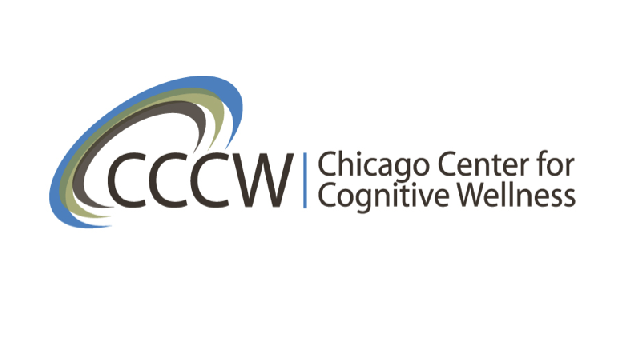
Nurturing Cognitive Wellness: Strategies for Mental Vitality
Maintaining cognitive wellness is essential for overall well-being, as our mental health profoundly influences every aspect of our lives. From daily tasks to complex problem-solving, cognitive function plays a pivotal role. Let’s explore strategies to nurture cognitive wellness and promote mental vitality throughout life.
Lifelong Learning and Mental Stimulation
Engaging in lifelong learning is a powerful way to promote cognitive wellness. Continuous mental stimulation, whether through reading, learning a new skill, or solving puzzles, helps keep the brain active and agile. Activities that challenge the mind contribute to the formation of new neural connections, enhancing cognitive resilience.
Physical Exercise for Brain Health
Physical exercise isn’t just beneficial for the body; it also has profound effects on cognitive wellness. Regular exercise improves blood flow to the brain, reduces inflammation, and stimulates the release of chemicals that aid in learning and mood regulation. Aim for a combination of cardiovascular and strength-training exercises to support both physical and mental health.
Balanced Nutrition and Brain-Boosting Foods
A well-balanced diet is crucial for cognitive wellness. Certain nutrients, such as omega-3 fatty acids, antioxidants, and vitamins, support brain health. Incorporate foods like fatty fish, nuts, berries, and leafy greens into your diet. Hydration is equally important, as even mild dehydration can negatively impact cognitive function.
Adequate Sleep for Cognitive Restoration
Quality sleep is essential for cognitive restoration and overall mental health. During sleep, the brain consolidates memories, eliminates toxins, and prepares for the next day. Establishing a consistent sleep routine, creating a comfortable sleep environment, and aiming for 7-9 hours of sleep per night contribute to optimal cognitive wellness.
Stress Management and Mindfulness Practices
Chronic stress can have detrimental effects on cognitive function. Incorporating stress management techniques, such as mindfulness meditation, deep breathing exercises, or yoga, helps regulate the body’s stress response. Cultivating a mindful approach to daily life promotes cognitive clarity and emotional well-being.
Social Engagement and Cognitive Connection
Maintaining social connections is not only essential for emotional health but also contributes to cognitive wellness. Regular social interactions stimulate the brain, providing opportunities for communication, empathy, and problem-solving. Engage in activities that foster social connections, whether through clubs, volunteer work, or spending time with friends and family.
Limiting Cognitive Stressors: Digital Detox
In the digital age, excessive screen time and constant connectivity can contribute to cognitive stress. Implementing periodic digital detoxes, setting boundaries for screen use, and practicing mindful consumption of information can reduce cognitive stressors. Balancing technology use allows the brain to rest and rejuvenate.
Cognitive Training and Brain Exercises
Specific cognitive training exercises can target different aspects of cognitive function. Apps, games, and puzzles designed to challenge memory, attention, and problem-solving skills can be valuable tools. Regular cognitive training enhances neuroplasticity, the brain’s ability to adapt and reorganize itself.
Regular Health Check-ups for Cognitive Health
Routine health check-ups are crucial for monitoring overall health, including cognitive wellness. Conditions such as hypertension, diabetes, and cholesterol imbalances can impact cognitive function. Regular screenings and health assessments allow for early detection and management of potential risk factors.
Cognitive Wellness: A Lifelong Journey
Nurturing cognitive wellness is a continuous and evolving process. Incorporating these strategies into daily life not only promotes mental vitality but also contributes to overall well-being. By adopting a holistic approach that encompasses physical health, mental stimulation, and social engagement, individuals can embark on a lifelong journey towards cognitive wellness.
To delve deeper into strategies for cognitive wellness, visit Cognitive Wellness. Embracing these practices fosters a resilient and vibrant mind, ensuring that cognitive wellness remains a cornerstone of a fulfilling and healthy life.

